TEHRAN(Bazaar) –Marc Finaud, Associate Fellow at the GCSP at the Geneva Centre for Security Policy (GCSP), says Oman did play a crucial role in mediating between Iran and the United States under Obama, which led to the JCPOA.
He adds that “Oman enjoys trust from both sides and has a real potential of offering compromise solutions. But, of course, any solution will need to be acceptable to both sides and the other JCPOA partners.”
Following is the full text of interview:
Q: Iran's Foreign Minister Hossein Amir-Abdollahian announced during his recent trip to Oman that he had received plans to revive the JCPOA. On the other hand, the Sultan of Oman is scheduled to visit Iran. It seems that the Sultan of Oman's visit to Iran can pave the way for beginning the nuclear talks. What is your assessment?
A: Oman did play a crucial role in mediating between Iran and the United States under Obama, which led to the JCPOA. It enjoys trust from both sides and has a real potential of offering compromise solutions. But, of course, any solution will need to be acceptable to both sides and the other JCPOA partners.
Q: The details of the plan that Oman informed Amir-Abdollahian will not be published. But before that, it was announced that the US wants an interim agreement, which Iran rejected. It seems that Muscat's plan is related to this proposal. What is your assessment?
A: An interim agreement can make sense only as a step towards the full restoration of the JCPOA. Neither Iran, that seeks full sanctions removal, or the United States and the EU, that seek full compliance by Iran with its commitments, have an interest in an interim agreement as a substitute for the JCPOA. The last compromise deal mediated by the EU High Representative already included sequential steps to the revival of the JCPOA. Such steps could be agreed upon first in a so-called interim agreement.
Q: It was recently announced that European countries had a meeting with some non-permanent members of the UN Security Council in order to investigate the activation of the snapback mechanism against Iran. Do you think this is more of a promotional issue or not?
A: Gesticulation around UN sanctions snapback is part of the pressure on Iran to agree to a JCPOA revival, but it is not really credible under the assumption that Russia and China would probably veto any resumption of UN sanctions.
Q: Some sanctions related to Iran's missile and drone program (Under sunset clauses) will be lifted this October. To what extent can this encourage the other side of the JCPOA to start talks?
A: This may play a role, but it would be better to deploy more efforts for the JCPOA talks to resume before October. The issue of Iran's missile and drone program could be addressed separately, preferably in a regional framework. With reconciliation between Saudi Arabia, other Gulf countries and Iran, this could now seem more realistic.
Q: Based on recent developments, to what extent do you consider the beginning of talks probable?
A: Based on mutual interests of Iran, the US, and other JCPOA partners, it would be logical to resume the talks. But, unfortunately, very often, politics and great-power competition dominate over mutual interests.

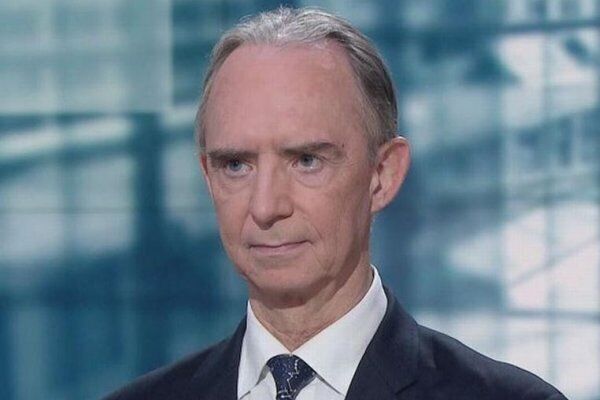



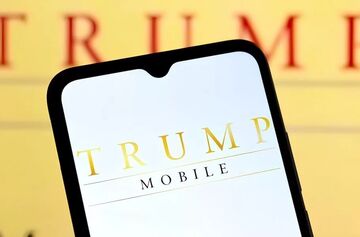
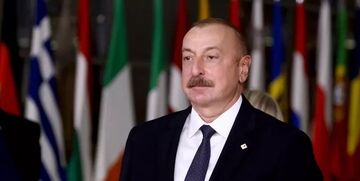
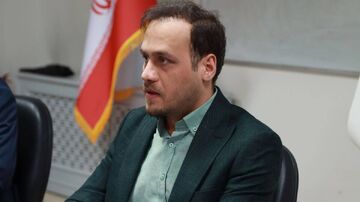

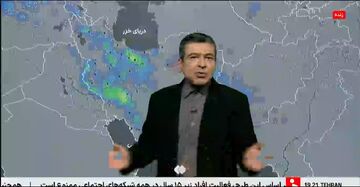
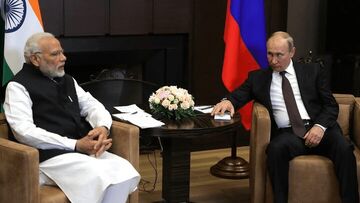
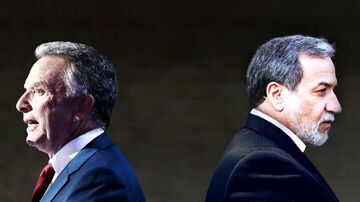
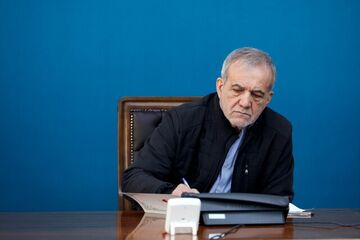
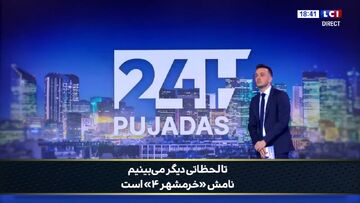

نظر شما